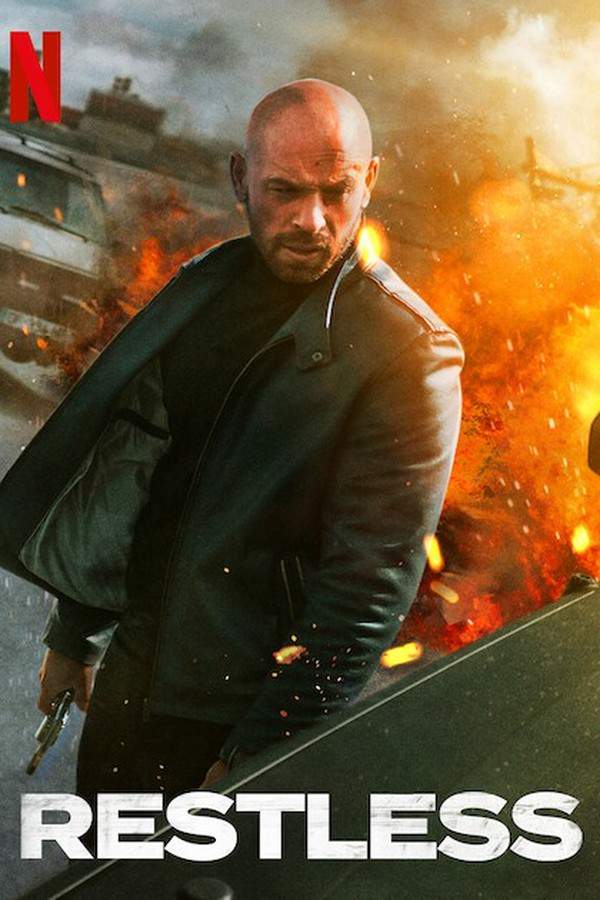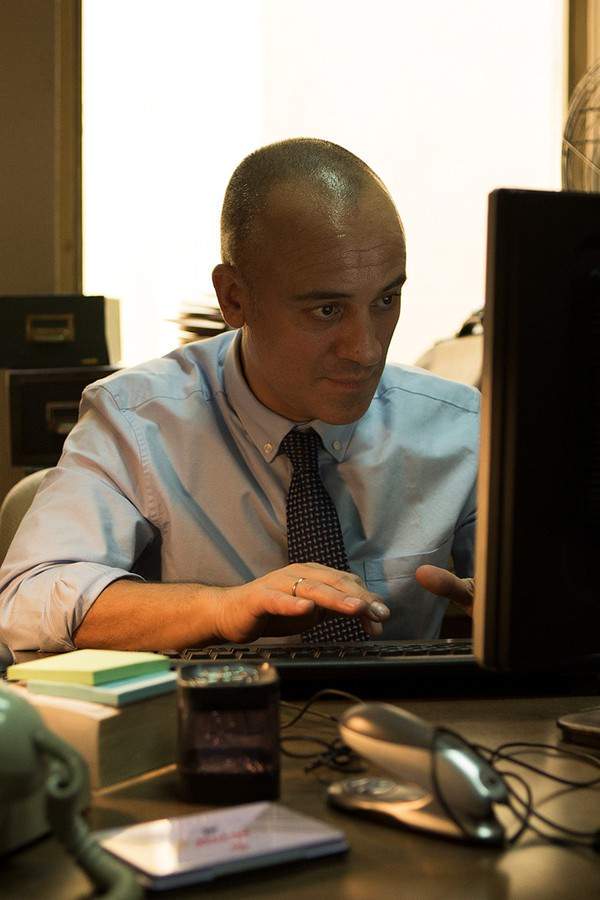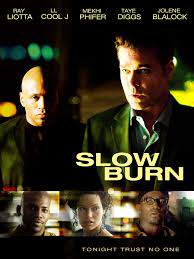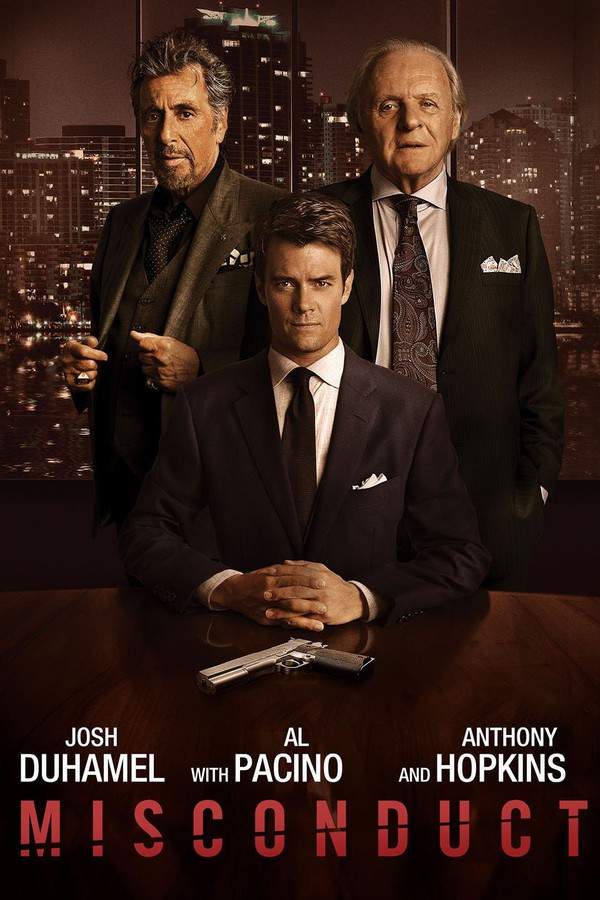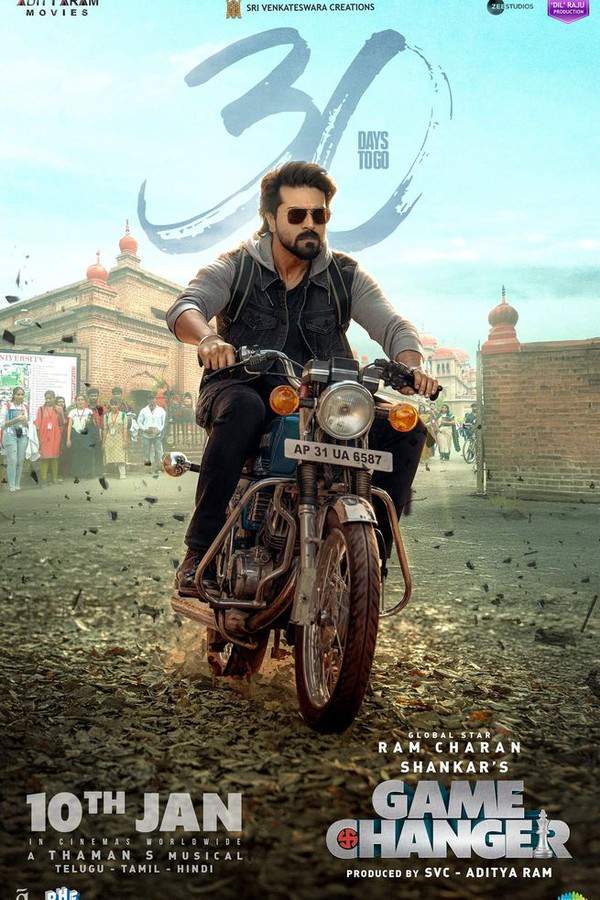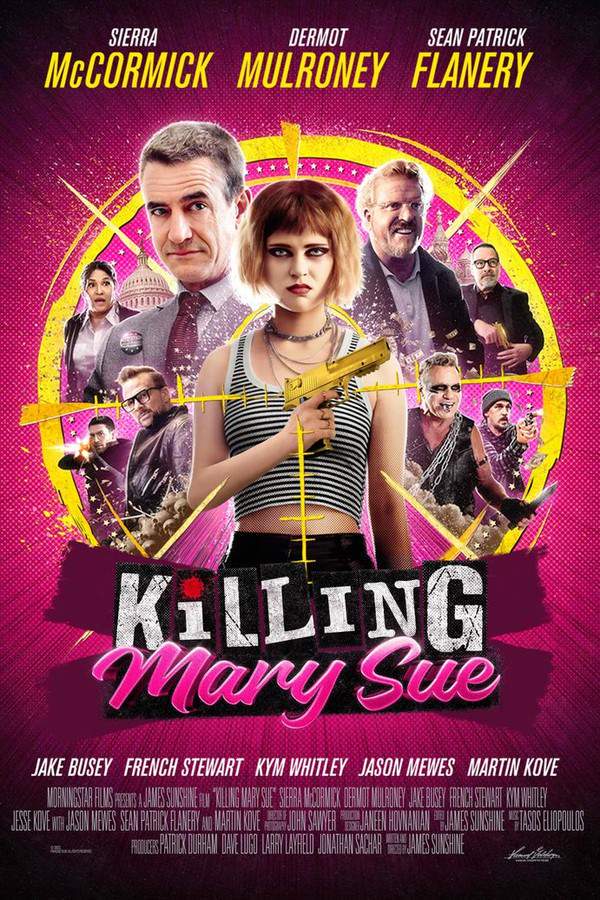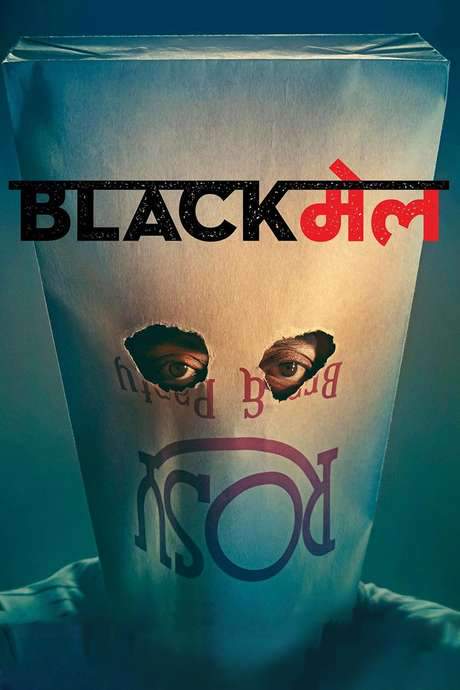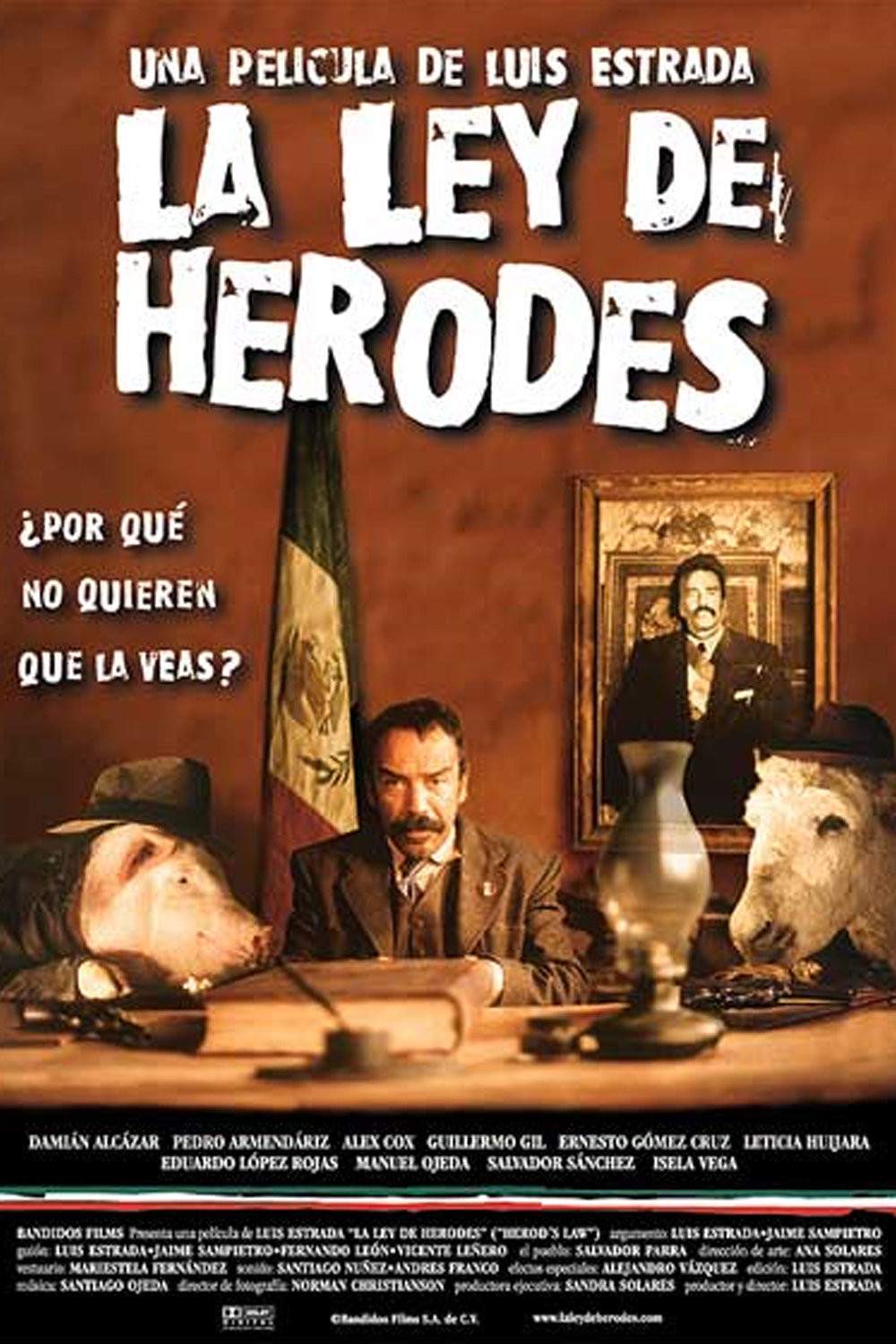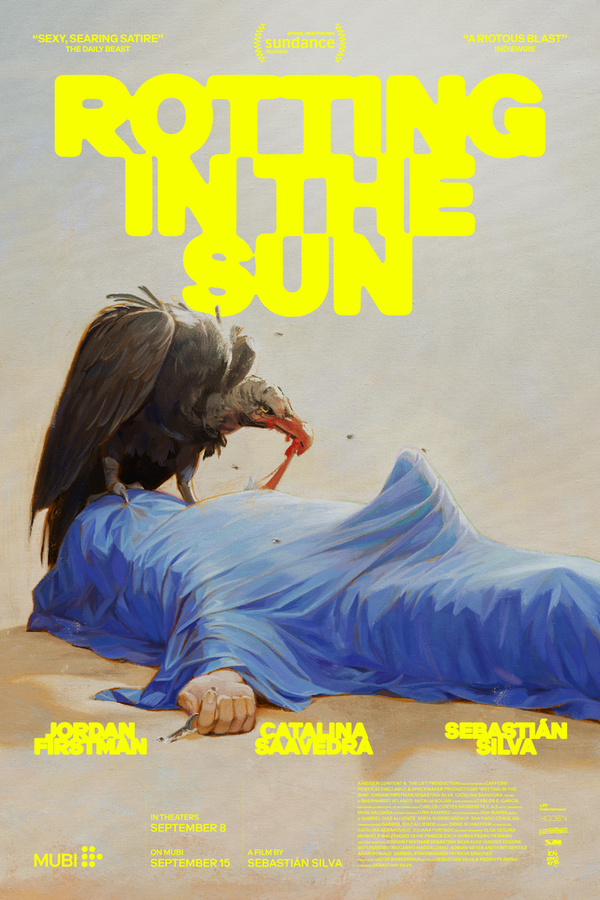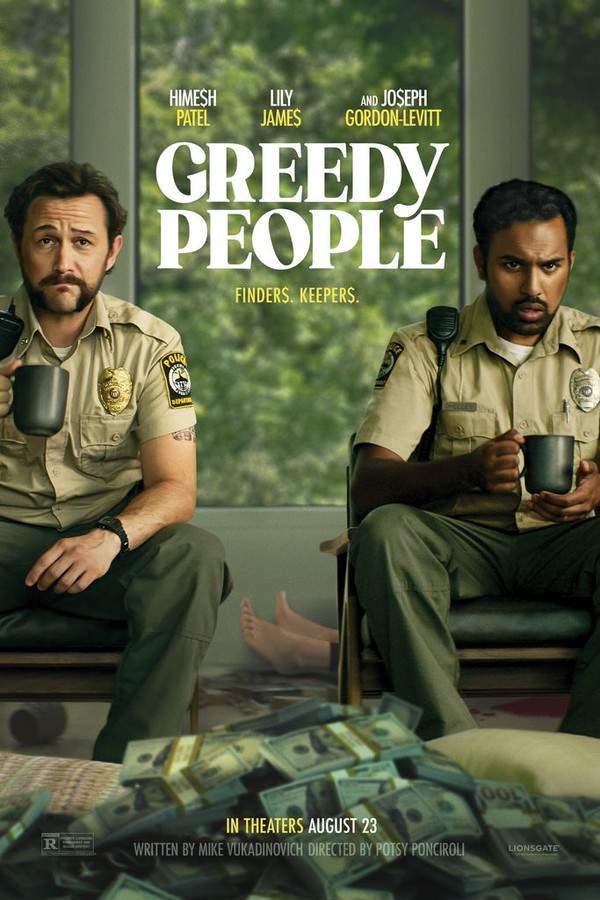
The Perfect Dictatorship
Year: 2014
Runtime: 143 mins
Language: Spanish
Director: Luis Estrada
When a powerful Mexican television corporation reveals a scandal involving Governor Carmelo Vargas, his political future hangs in the balance. Facing serious accusations, Vargas secretly agrees to a lucrative deal with the network to rehabilitate his image. Two key figures, ambitious news producer Carlos Rojo and star reporter Ricardo Diaz, are tasked with orchestrating a smear campaign to transform the governor into a presidential candidate, raising questions about the integrity of democracy and the influence of media power.
Warning: spoilers below!
Haven’t seen The Perfect Dictatorship yet? This summary contains major spoilers. Bookmark the page, watch the movie, and come back for the full breakdown. If you're ready, scroll on and relive the story!
The Perfect Dictatorship (2014) – Full Plot Summary & Ending Explained
Read the complete plot breakdown of The Perfect Dictatorship (2014), including all key story events, major twists, and the ending explained in detail. Discover what really happened—and what it all means.
The political climate in Mexico is shown through a high-stakes moment: a formal ceremony where the President, amid national attention, receives the credentials of the new United States Ambassador. During the address, he makes a controversial remark about immigration and work, suggesting to the ambassador that he tell President Obama to consider allowing more Mexicans into the country because they can do jobs that
even black people didn’t want.
This provocative line sets the tone for a story about how power, media, and personal ambitions collide.
On the same day, a plan unfolds behind the scenes at Televisión Mexicana, the country’s most powerful TV network. State officials press the network to manufacture a distraction by airing a video that shows Governor Carmelo Vargas Damián Alcázar allegedly accepting bribes from drug lords. The goal is simple: steer public attention away from the growing political crisis at the top. Vargas, sensing the danger to his image, begins a delicate negotiation with TV MX to polish his reputation, arguing that the network’s star-studded newscast is the public’s most trusted source of information in a landscape crowded with online rumors and competing channels.
In the network’s offices, news producer Carlos Rojo Alfonso Herrera and ace reporter Ricardo Diaz Osvaldo Benavides are assigned to cover Vargas’s side of the story. Their assignment soon becomes a bigger story when they are welcomed by a faction of drug cartel members who have an interest in shaping the governor’s image. Rojo then encounters Agustín Morales Joaquín Cosío, a rising figure from the opposition, who invites him to Congress. Morales delivers a forceful speech calling for Vargas’s resignation, but the moment is disrupted when Morales narrowly escapes an assassination attempt. The public relations machinery kicks into gear as the network and Vargas’s team scramble to craft a more favorable narrative.
Meanwhile, two sisters, Ana and Elena Garza Kiara Coussirat / Karol Coussirat, are abducted when their nanny’s attention wavers. The police begin a formal investigation, and TV MX decides to ride the news cycle by pressuring the Garza family—Lucía and Salvador Garza Silvia Navarro / Flavio Medina—to share information exclusively with the network. The plan works in the short term, driving ratings, but it also deepens the crisis around Vargas’s government as detectives are seen playing a role in creating the appearance of progress.
As the dust settles from the near-assassination, Morales gains leverage by securing contracts through TV MX with Vargas’s political circle, including connections tied to the governor’s inner circle. Morales uses this leverage to demand a ten-minute slot on the channel to present his evidence of corruption, but the showdown takes a shocking turn when the President’s staff uncover deeper, more personal allegations against Morales—charges of child abuse—that are broadcast live just as he is about to speak. Enraged, Morales assaults the host and is forcibly removed from the studio. That night, Morales is found dead in his hotel, with officials and TV MX presenting a case of suicide and insinuating their role in the cover-up.
The drama grows darker as Vargas learns of the consequences of his own people’s actions. In a chilling moment, he retaliates against his godson in front of Rojo, revealing how far the Governor is willing to go to maintain control.
A breakthrough comes when a witness identifies who kidnapped the children. TV MX pivots, launching a crowd-sourced ransom appeal that draws in public donations—and even Vargas himself contributes a large sum, reportedly in exchange for being allowed to date Jazmín Livia Brito Pestana. Yet the Garza family chooses to step away from the camera, with Doña Chole María Rojo taking a stand and moving toward the police. The network responds by fabricating a montage of a government rescue operation, attempting to cast Vargas as a heroic savior and suggesting the Garza family supports his actions. The plan achieves its moment of televised drama, but it also exposes the moral compromises behind a media machine that prioritizes ratings over truth.
In the aftermath, Díaz becomes the face of the channel’s new lineup, while Rojo ascends to an executive role within TV MX. Vargas witnesses the televised ascent of power and decides to pursue the presidency, all while formalizing his relationship with Jazmín. Two years pass, and Vargas rises to the national stage, securing the 2018 Mexican presidential election through a coalition that unites three major parties—PRI, PAN and PRD—shaping a new political era in the country.
The film unfolds as a sustained meditation on how headlines can be manufactured, public opinion engineered, and political fortunes shaped not just by what happens, but by who is there to tell the story. It looks at the blurred lines between news gathering and political theater, revealing how personal ambitions, media strategies, and official powers intertwine to steer a nation’s perception and its future.
Last Updated: October 03, 2025 at 10:34
Explore Movie Threads
Discover curated groups of movies connected by mood, themes, and story style. Browse collections built around emotion, atmosphere, and narrative focus to easily find films that match what you feel like watching right now.
Political thrillers about media manipulation like The Perfect Dictatorship
Stories where the creation of public perception becomes the ultimate political weapon.If you were fascinated by the cynical portrayal of media power in The Perfect Dictatorship, this list features movies with a similar focus. Discover other tense, complex stories where journalism, propaganda, and public opinion are the central instruments of political warfare and power consolidation.
Narrative Summary
These narratives typically follow ambitious figures in media and politics who enter a symbiotic, corrupt relationship. The plot revolves around a calculated campaign to distort the truth, often involving smear tactics, fabricated scandals, and psychological manipulation, leading to a cynical examination of how democracies can be subverted from within.
Why These Movies?
Movies in this thread are grouped by their shared dark tone, high tension, and complex plotting around a central theme: the dangerous collusion between media conglomerates and political ambition. They create an anxious, urgent mood focused on the mechanics of power rather than traditional action.
Bleak satires about systemic corruption like The Perfect Dictatorship
Cynical comedies where the corrupt system always wins, leaving hope defeated.Fans of the grim, hopeless ending of The Perfect Dictatorship will find similar movies here. These are dramas and comedies that share a bleak outlook, using satire to expose how political and corporate systems reward corruption, resulting in stories with heavy emotional weight and a profound sense of moral tragedy.
Narrative Summary
The narrative pattern involves a protagonist or a situation that exposes the deep rot within a powerful institution. However, unlike stories of triumph, the system effectively neutralizes the threat, assimilates the corrupt, and emerges stronger. The journey is one of exposing futility, leading to a ending that feels like a defeat for justice.
Why These Movies?
These films are united by their blending of dark satire with a bleak ending feel and heavy emotional weight. They share a specific emotional mix: the intellectual stimulation of satire combined with the depressing realization that the corruption they mock is ultimately victorious.
Unlock the Full Story of The Perfect Dictatorship
Don't stop at just watching — explore The Perfect Dictatorship in full detail. From the complete plot summary and scene-by-scene timeline to character breakdowns, thematic analysis, and a deep dive into the ending — every page helps you truly understand what The Perfect Dictatorship is all about. Plus, discover what's next after the movie.
The Perfect Dictatorship Timeline
Track the full timeline of The Perfect Dictatorship with every major event arranged chronologically. Perfect for decoding non-linear storytelling, flashbacks, or parallel narratives with a clear scene-by-scene breakdown.

Characters, Settings & Themes in The Perfect Dictatorship
Discover the characters, locations, and core themes that shape The Perfect Dictatorship. Get insights into symbolic elements, setting significance, and deeper narrative meaning — ideal for thematic analysis and movie breakdowns.

The Perfect Dictatorship Spoiler-Free Summary
Get a quick, spoiler-free overview of The Perfect Dictatorship that covers the main plot points and key details without revealing any major twists or spoilers. Perfect for those who want to know what to expect before diving in.

More About The Perfect Dictatorship
Visit What's After the Movie to explore more about The Perfect Dictatorship: box office results, cast and crew info, production details, post-credit scenes, and external links — all in one place for movie fans and researchers.


